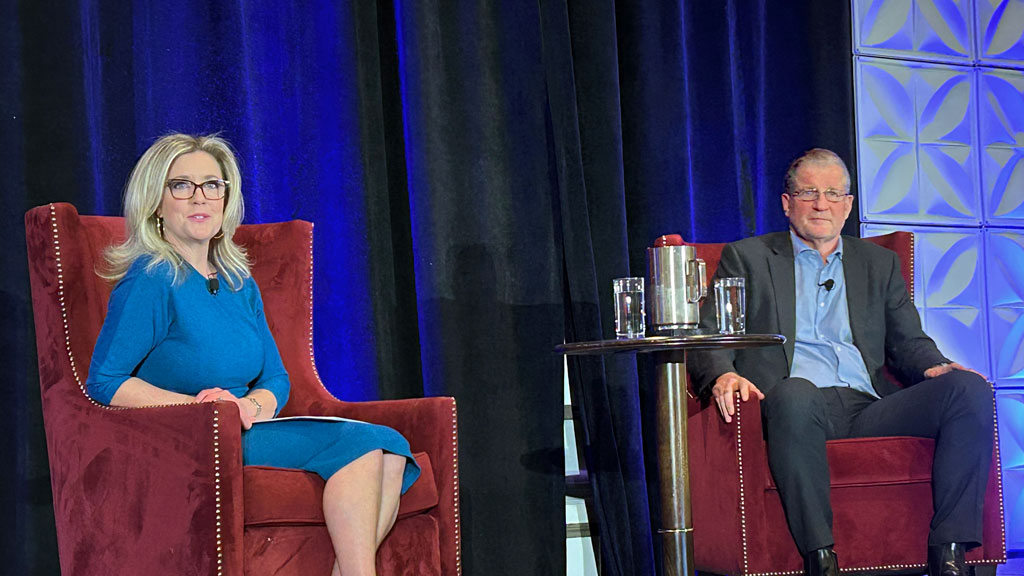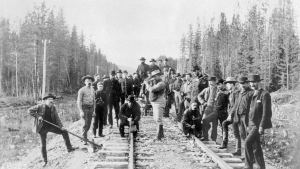What does Metrolinx need from the construction industry for successful project delivery?
That was the question posed to Metrolinx CEO Phil Verster by Catherine Clark of Catherine Clark Communications during a session at the Ontario Road Builders’ Association Convention in Toronto recently.
“All of us need patience and we need your help,” Verster said. “We need to think about what you can do differently. You need to help us to understand where we don’t understand your business so we can adjust what we’re asking from you.
“We did the most important thing. The most important thing was to change the way we contract. Many of you that are on fixed price contracts, I think in the past too much risk was taken on by the industry. I accept that. However, a contract is a contract. It’s taxpayers’ money and we need to be really careful with taxpayers’ money otherwise we’re all in trouble.”
Making progress and money
Metrolinx is moving more and more towards target price contracts, he explained.
“We work through the development phase, set the price that is a fair return for the risk that you take and deliver that,” he explained. “This is the most important part of the framework is get the contract right. Now what we need to do is we need to stop looking at the contract and we need to look at the job and figure out how to get the job done and do that together. Help us to understand what you need and let’s take it from there.”
Changing the contract models to more collaborative approaches was an essential change, he noted.
“There is something you want and there is something we want,” he told the room full of roadbuilders. “Something we want is we want your participation and stability and to deliver and, without wanting to speak for you, I think you want to make money.
“The really important point of this for our program to be successful, you need to be successful and that’s the way we approach this,” he added. “If we didn’t make the shift as we did a couple of years ago and now are in the phase of letting these progressive design-build contracts and construction management contracts and the like, the risk transfer would not have been successful and the probability of constructors, contractors like yourselves making money would be less.”
Inevitable growing pains
These progressive design-builds will require an open book approach and there will be growing pains, Verster said.
“There are growing pains from the contractors, we see it at our own organization,” said Verster. “My team needs to get better at this as well…I look at this as a huge journey that we’re all on. We all understand the objectives. You want to make good fair returns on the work you deliver for us. We want you to be in our contracts.
“I think it’s a period of learning for all of us,” Verster added. “All this stuff we can do better as well. All of us can take comfort in the fact that as we go through this next two or three years the learning in the industry should be better.”
He encouraged the contractors in the room to share the concerns and challenges they face on projects with Metrolinx.
“Come and see us, come and talk to us,” he said.
“What we see from this shift away from arms-length, fixed-price contracts is the learning between what actually works and doesn’t work for the supply chain is really important.”
Together Metrolinx and the industry can lead the change in the industry, he said.
“Without this change I think the industry would really struggle and our program would really struggle. I am 100 per cent convinced this is an important change for us,” he stated. “I look at the delivery of the alliance projects, the lessons we’ve learned on East Harbour, the SmartTrack CM (construction manager) at risk…All of these are just in a different place. We wouldn’t be here if we hadn’t made the change. Be patient as we’re going through this change. Change isn’t easy.”
Follow the author on Twitter @DCN_Angela.











Recent Comments